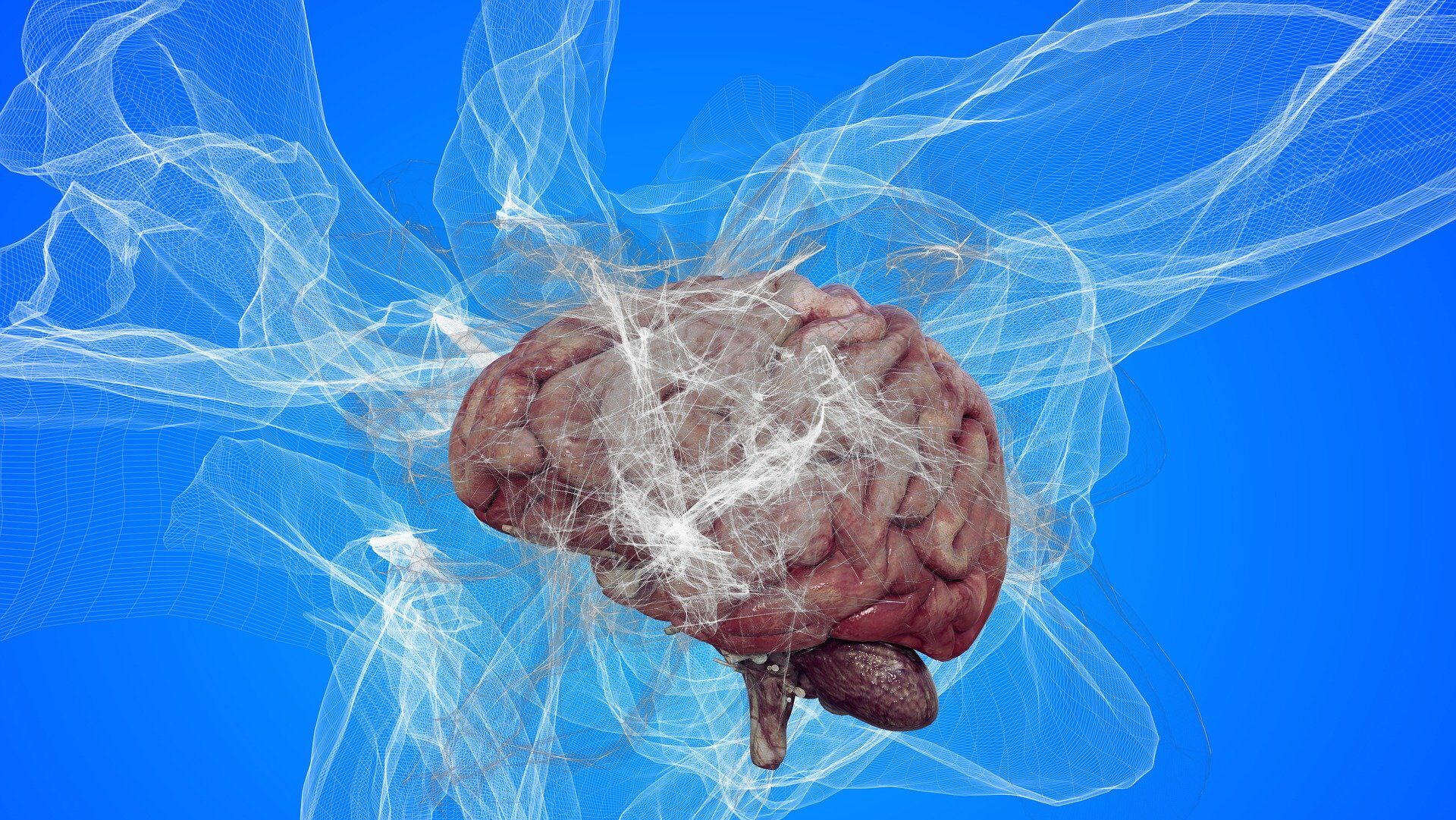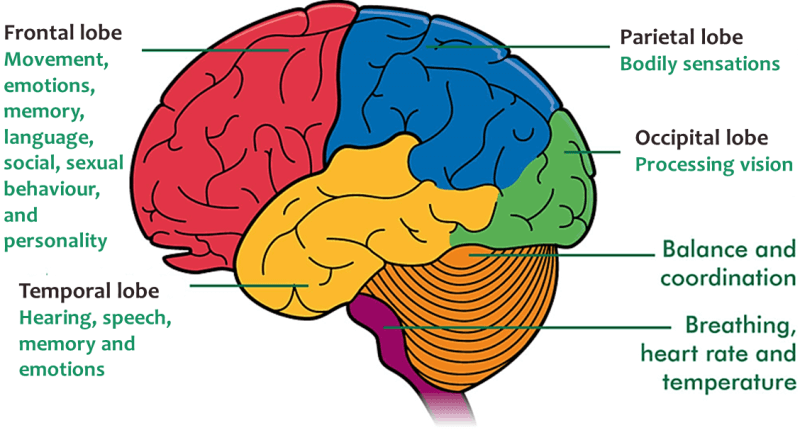4 Essential Steps to Support a Loved One Suspected of Dementia

Dementia is a challenging condition that affects not only those diagnosed but also their families and caregivers. Because knowledge is power, understanding the complexities of dementia is crucial for providing effective care and support. In this guide, we’ll explore four vital steps that can help caregivers, families, and even individuals diagnosed with dementia manage the condition more effectively.
These steps focus on understanding the brain’s functionality, recognizing the various stages of dementia, utilizing available resources to navigate the caregiving journey, and having a personalized plan of care. By gaining this knowledge, you can better manage the symptoms of dementia and provide compassionate care to those affected.
As a professional caregiver, in each of these steps, I am sharing resources and tools I found helpful or training I received through professional caregiving agencies to care for various clients with dementia throughout the years. I’m sharing their information because the more the person suffering with dementia, or the caregiver or family understands about Dementia, the greater skills and tools you will have to benefit yourself and help an individual better manage the symptoms of the disease. So, let’s begin with the first step:
Step 1: Understanding the Functionality of the Marvelous Brain
The brain is a complex organ with different regions responsible for various functions. Gaining a clear understanding of how these regions work can help you comprehend the effects of dementia on your loved one’s behavior and cognitive abilities.
The image below visually explains the division and functionality of each part of the brain. For example, the frontal lobe is responsible for decision-making, problem-solving, and controlling behavior, while the temporal lobe handles memory and language processing.

Download a similar brain functionality chart to keep handy as a reference. Understanding the specific roles of each brain region can help you identify which areas may be affected by dementia and how it impacts the individual’s daily life.
Step 2: Recognizing the Stages of Dementia
It is time to understand the 3 stages of Dementia. Dementia progresses through various stages, each with its own set of symptoms and challenges. Understanding these stages is crucial for caregivers, families, and even those diagnosed with dementia, as it helps in planning and providing the necessary care.
The three primary stages of dementia are:
- Mild (Early Stage): Individuals may experience memory lapses, difficulties with problem-solving, and changes in mood. They can still function independently but may require assistance with complex tasks.
- Moderate (Middle Stage): Symptoms become more pronounced, with individuals struggling with daily activities, experiencing significant memory loss, and changes in behavior. They may require help with personal care and routine tasks.
- Severe (Late Stage): Individuals lose the ability to communicate effectively, require assistance with all activities of daily living, and may exhibit severe physical and cognitive decline.
It’s important to note that dementia can also be broken down into seven more detailed stages, as outlined in resources from companies like kindlycare.com. These stages provide a deeper understanding of how the disease progresses and what to expect at each level. We shared it with the audience on the Dan Reaves Show (newstalk965.com). Unfortunately, this exact chart with its excellent graphs and website is hard to find. So, I encourage you, if someone you are caring for you feel may have dementia, try to find a similar chart that will explain the 3 Stages and 7 stages of Dementia. This knowledge will give you power.
Also remember as a caregiver, family or the person struggling with these issues, first of all remember, do not be afraid. Why? Because many individuals are having success in managing the disease because of the tools and resources they have found. So, it is important if you suspect dementia to keep a list of all behaviors or changes you may be seeing and contact the person’s Primary Care Doctor right away so the person can get properly diagnosed!
Why? because there may be other medical issues a person may be experiencing that are not related to dementia. However, if it is a Dementia diagnosis, Remember the more knowledge you have the better equipped you will be as a caregiver to support the individual and help manage the symptoms of the disease, as so many others are doing.
Step 3: Utilizing Resources and Building a Plan of Care FOR DEMENTIA
Once a dementia diagnosis is confirmed, it’s essential to have a plan in place. As a caregiver, having the right tools and resources is vital for managing the disease and providing the best possible care.
There are many experts in the field of Dementia, and as a professional caregiver, though I have received training through professional caregiving agencies and had clients with the disease, dementia is not my field of expertise. My specialty is helping families create a unique Plan of Care or Book of Instructions for the person needing total care. Yet the training material the company used that trained me was from an expert in Dementia named Teepa Snow, she is a dementia-care education specialist.
Teepa Snow’s Positive Approach to Care (PAC) is an invaluable resource that offers guidance on dementia care. Teepa Snow is a renowned dementia-care education specialist whose training materials are widely respected in the caregiving community.
Though my organization is not affiliated with Teepa Snow, again, the training material they used was from her material. Her PAC videos will help you better understand what’s happening to the brain with the disease and most importantly, how to be supportive. You will also find wonderful suggestions and invaluable tools on how to deal with challenging behaviors and so much more through these videos and more on her website.
Step 4: Why EVERY CAREGIVER MUST have a PLAN OF CARE before Providing Caregiving
What is a Plan of Care and how do professional caregiving organizations create one?
Many professional caregiving agencies refer to a Plan of Care as an ISP, Individual Support Plan. It is created before an individual is placed with the agency. It is developed by having a team meeting with everyone involved with their care, whether they are physically present, through Zoom or provide documentation. These individuals involved include the family, all physicians and other necessary professionals, meeting with staff of the caregiving agency.
The agency collects all data and information about the individual to devise a Plan of Care also known as an ISP or Individual Support Plan. It contains all the information needed about the person such as: all ailments, behaviors, medications, all physicians involved, dietary restrictions if any, likes, dislikes, all medical devices, equipment and so much more.
How professional agencies use Plans of Care in residential home with three or more individuals:
This collected information by the agency creates the Plan of Care/ISP/Book of Instructions of how to provide quality care for the individual. It is then used to train all professional caregivers on how to provide quality care for the individual, based on their ailments and unique care needs. Every individual cared for by the agency has their own Separate Plan of Care created by the agency with a similar format or content.
The Caregivers trained to provide care for up to three individuals are usually called a Personal Assistant or a DSP, Direct Support Professional. The DSP are licensed and receive training by the state and have to be in compliance with most of the latest information on caregiving to maintain their licensing. Many DSPs are substitutes and receive training for as many as 7 or more separate homes, (a total of 21 clients). They are required to learn all medical devices and care needs of each separate client. They are also capable of transferring to any of these homes with short notice and carry out the same level of care for the next set of three clients. None of this could be possible without the Plan of Care or ISP, outlining the care instructions of each individual.
Why is it essential that every caregiver have a Plan of Care before providing care for an individual?
Any task we take on in life we are unfamiliar with we have to have instructions or a manual to perform the task. Just as the caregiving agency must have a Plan of care and trained caregivers to provide care, in order to understand and the care needs of the person needing care a caregiver must also have a Plan of Care or Book of Care Instructions, regardless of the ailment, whether it is: Dementia, Parkinson’s, MS etc. Otherwise you as a caregiver will be overwhelmed, suffer from burnout.
How does the SHS&S organization help caregivers create a Personalized Plan of Care?
We teach caregivers and families how to create a Personalized Plan of Care or Book of Instructions, to prevent them from suffering from burnout. By inculcating her years of experience, the CEO and Owner of SHS&S Lynnel Townsend designed the Plan of Care similar to one’s used daily by professional caregivers and agencies as they care for up to 3 disabled individuals at a time. Yet ours has even more features. It is designed to support the person needing care and the caregiver. It is a step by step guide to help everyone involved know what to do and how to provide quality caregiving. We also help these caregivers generate additional caregivers. We will train who will work a few days a week to give them free time for themselves.
Conclusion
Supporting a loved one with dementia is a journey that requires knowledge, patience, and the right resources. By understanding the functionality of the brain, recognizing the stages of dementia, utilizing available tools, and having a personalized Plan of Care, you can provide effective care and improve the quality of life for both the individual and yourself as a caregiver.
Remember, you are not alone on this journey. Resources like Teepa Snow’s PAC videos, our interviews on the Dan Reaves Show, personalized Plans of Care, and support from organizations like SHS&S are available to guide you every step of the way.
As The Caregiver Coach, once a month I am on various radio stations providing free information and resources to the public on various topics. Recently my Program Director and I discussed the various stages of Dementia on The Dan Reaves Show 96.5 FM Jackson, Tennessee.
We at SHS&S look forward to supporting you in creating a Plan of Care. We look forward to helping you navigate the challenges of caregiving and ensuring your loved one receives the best possible care. If you would like support in creating your own Personalized Plan of Care, we’re here to support you. Please click here to get started.
Contact Us: info@endcaregiverburnout.comPhone Number: +17316951182




